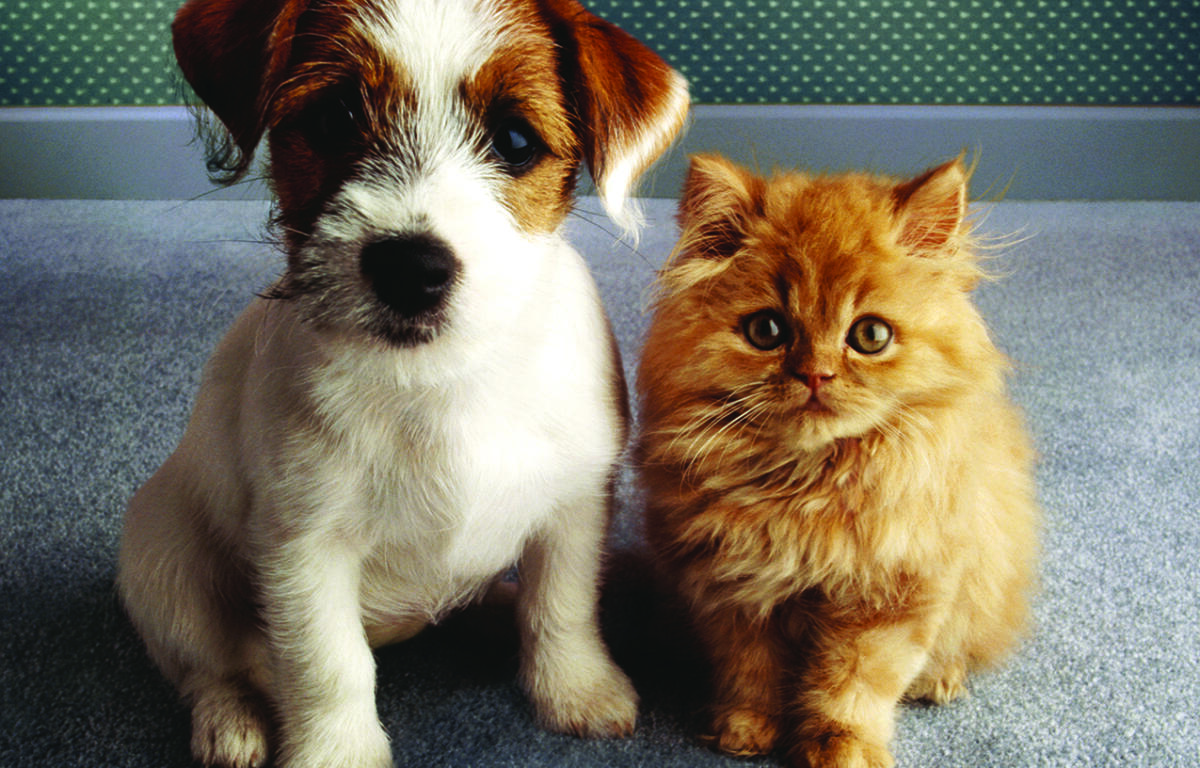KEENE, N.H. (MyKeeneNow) Each year millions of dogs and cats are euthanized in shelters because of overpopulation. Just a few years ago, during the height of the COVID-19 pandemic, shelters were emptied out as pet adoptions reached all-time highs.
Now that offices have reopened and people have returned to work and other activities, pets increasingly are being surrendered to shelters again, once more leading to overtaxed shelters and other facilities. Overburdened shelters also are made worse by litters of animals born to unsterilized parents.
The American Veterinary Medical Association says spaying and neutering are important tools for preventing unplanned or unwanted litters, and reducing pet overpopulation. Most experts agree there is little benefit to leaving pets’ reproductive systems intact. Even family pets can get loose and mate unintentionally. The following are six notable benefits to spaying or neutering a pet.
1. Prevent the conception and birth of unwanted animals.
2. The ASPCA says spaying prevents uterine infections and decreases the incidence of breast tumors, which are malignant or cancerous in about 50 percent of dogs and 90 percent of cats. Spaying a pet before the first heat offers the best measure of protection.
3. Neutering male animals prevents testicular cancer if done before six months of age.
4. Neutered animals are less likely to roam and become nuisances. Female cats can go into heat four to five days every three weeks during breeding season. While in heat they will yowl and urinate frequently. Males will be on the prowl for females and can get into fights. Spaying and neutering reduces these tendencies.
5. Neutering and spaying is a lot less costly than having and caring for a litter. It also prevents medical treatment from being needed in the event a pet gets into a fight over mating.
6. Although the surgery will reduce some undesirable behaviors, it is not a magic fix for all behavioral problems, including bad habits. The ASPCA says the traditional age to sterilize dogs is between six and nine months. Healthy puppies as young as eight weeks can undergo a spaying or neutering surgery. For cats, it is generally considered safe for kittens as young as eight weeks old. To avoid the start of urine spraying, neuter or spay a cat before the animal reaches five months of age. Spaying and neutering is important for animal health and helps to reduce pet overpopulation.
For more information about spaying and neutering, talk to your veterinarian. The Monadnock Humane Society in Swanzey also offers feline spay/neuter clinics (monadnockhumanesociety.org).
Other resources:
NH Animal Population Control Program—”State Plan B,” available to NH Residents who receive, or are eligible for food stamps; Aid to the Needy Blind; Medicaid; Healthy Kids Gold; Old Age Assistance; AFDC; Supplemental Security Income (SSI); Aid to the Permanently and Totally Disabled. Cost is $25.00 – Pet owner pays fee directly to the veterinarian. Pre-surgery immunizations are covered up to $30. Obtain a Plan B application by calling the Department of Agriculture: 271-3697
NH Spay/Neuter Hotline (Animal Allies): Available to NH residents who need financial assistance. Costs: $150 (female cats), $100 (male cats) Contact the NH Spay/Neuter Hotline www.animalallies.org Call 228-6755 for assistance with low cost spay/neuter appointments for cats
Friends of Animals Program: Available to any cat or dog owner regardless of financial need. Call 1-800-321-PETS or write Friends of Animals, P.O. Box 30054, Hartford, CT 06150 for an application. Mail in application with appropriate fee. Upon receipt of certificate, make an appointment with any participating veterinarian. (A list will be sent with your application.)




